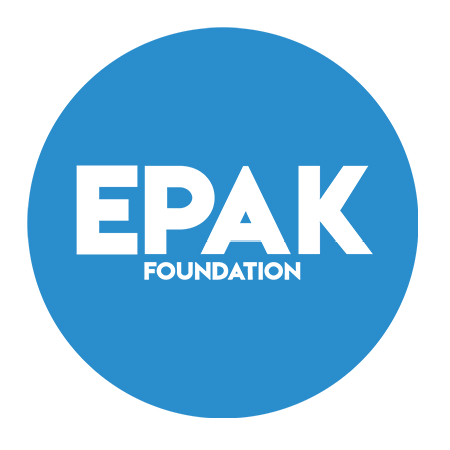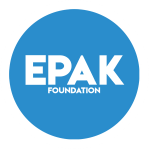Grant FAQs
This page has been updated for Spring 2024
- How do I write a grant application? Grant applications must contain a clear, concise description of the proposed project. Choose an innovative project that addresses the educational needs of the students that you work with, in up to two content areas. Include a detailed requested budget with specific items and prices related to the project proposal. Contact other teachers or your site representative for ideas.
- What is a PPR? A Post-Project Report is required for each grant, including New Teacher Grants, and must be approved before you can apply for a new grant. It includes a brief description of how your project benefited your students, and how grant funds were used. Scans or photographs of receipts are required, and photos are encouraged. See the For Teachers page for links to the PPR forms.
- Why was my application not approved? The selection committee looks for clear descriptions of projects to enhance student learning in the classroom. Occasionally a grant application will not be approved because of missing information, a project that does not fit into the parameters of EPAK’s mission, or ineligibility of the applicant based on prior grants. Make sure post-project reports for all previous grants have been approved before submitting a new application. The Allocations Committee will contact you by email with an explanation of an application that was not approved. Please email allocations@epak.org if you have any questions.
- Do I need to spend the grant funds before cashing the check? No! Please deposit checks immediately. They will be voided if not cashed in a timely manner, and the recipient may not be eligible for the next grant cycle. If a check is lost, a $30 stop fee will be taken out of the replacement check. If you do not use the funds by the end of the semester, explain the reason in your Post-Project Report and return unused funds to EPAK.
- My project didn’t work out. Can I use my grant for something else? Requests for changes in use of funds must be submitted to allocations@epak.org and be pre-approved by an EPAK board member.
- What if I can’t find my receipts? If receipts are lost, a teacher must show the materials purchased to their principal or director, who must write an email on the teacher’s behalf to allocations@epak.org stating that the materials were indeed purchased (or field trip taken, etc.).

